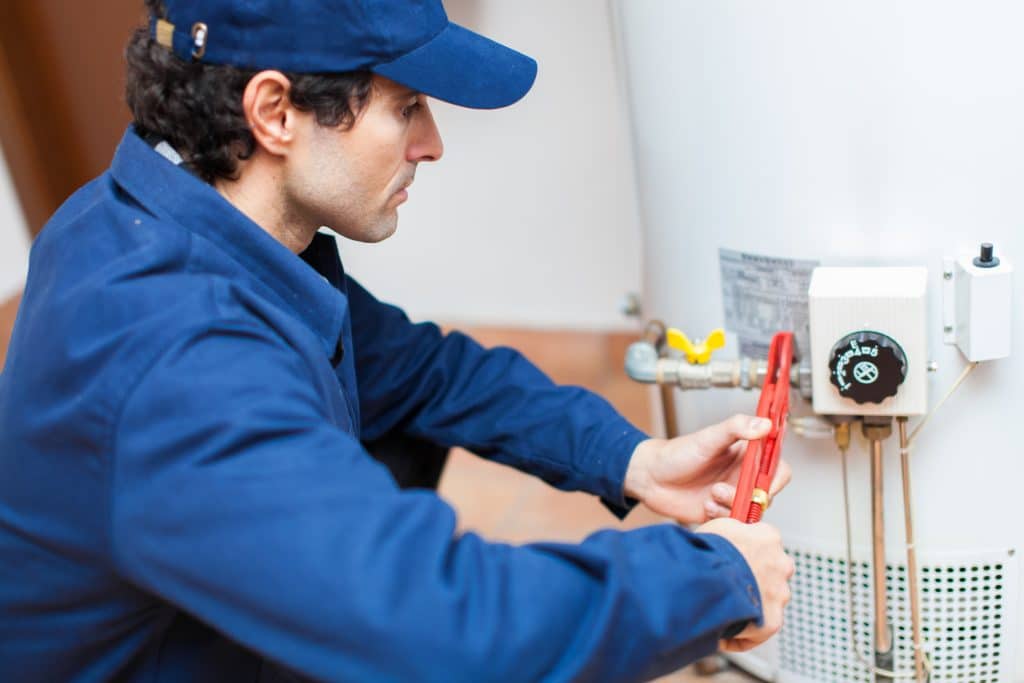Water heaters are essential appliances in our homes, providing hot water for bathing, cleaning, and other daily activities. However, over time, sediment can build up inside the water heater tank, leading to various issues and reduced efficiency. Flushing your water heater is a crucial maintenance task to ensure optimal performance and prolong its lifespan. The following are some signs that your water heater is in need of flushing.
1. Lukewarm or Cold Water
One of the clear signs that your water heater needs flushing is when you notice a decrease in the water temperature. If the water from your hot water taps is lukewarm or even cold, despite setting the temperature correctly, sediment buildup might be the culprit. As sediment accumulates at the bottom of the tank, it acts as an insulating layer, making it harder for the heating element to heat the water effectively.
2. Noisy Operation
If you hear unusual noises from your water heater, such as rumbling or popping, it’s a sign that sediment has built up inside the tank. As the water heater heats, the sediment trapped at the bottom also gets heated. This leads to the formation of air bubbles, causing rumbling or popping noises. Flushing the water heater will eliminate the sediment, reducing the noise and ensuring smooth and quiet operation.
3. Poor Water Pressure
Another sign that your water heater requires flushing is a decrease in water pressure. If the water flow from your taps or showerhead has become weak, it could be due to sediment blocking the pipes and reducing the overall water pressure. Flushing the water heater will help to clear the sediment and restore proper water flow throughout your plumbing system.
4. Rusty or Discolored Water
When sediment accumulates in the water heater, it can cause the water to become discolored or rusty. Observing brown, yellow, or cloudy water when you turn on the hot water tap indicates that sediment has mixed with the water.
5. Shortened Lifespan of the Water Heater
Sediment buildup not only affects the performance of your water heater but also reduces its lifespan. When sediment accumulates, it can cause corrosion and damage to the tank, leading to leaks or even complete failure of the unit.
6. Energy Efficiency Decline
Over time, sediment buildup can significantly impact the energy efficiency of your water heater. As the sediment layer thickens, it acts as an insulating barrier between the heating element and the water, making it harder for the heat to transfer effectively. This leads to increased energy consumption and higher utility bills.
7. Unpleasant Odors
If you detect a foul odor from your hot water taps, it may be a sign that your water heater needs flushing. The accumulation of sediment creates an environment where bacteria can thrive, producing unpleasant sulfuric or rotten egg-like smells.
Consult a Professional
Regular flushing of your water heater is essential to maintain its optimal performance and longevity. Consult a professional plumber for proper flushing. Regular maintenance ensures that your water heater operates at its best, saving you money, energy, and potential headaches in the long run. Contact Root Scooter Plumbing in Ocala, FL for professional water heater services.





